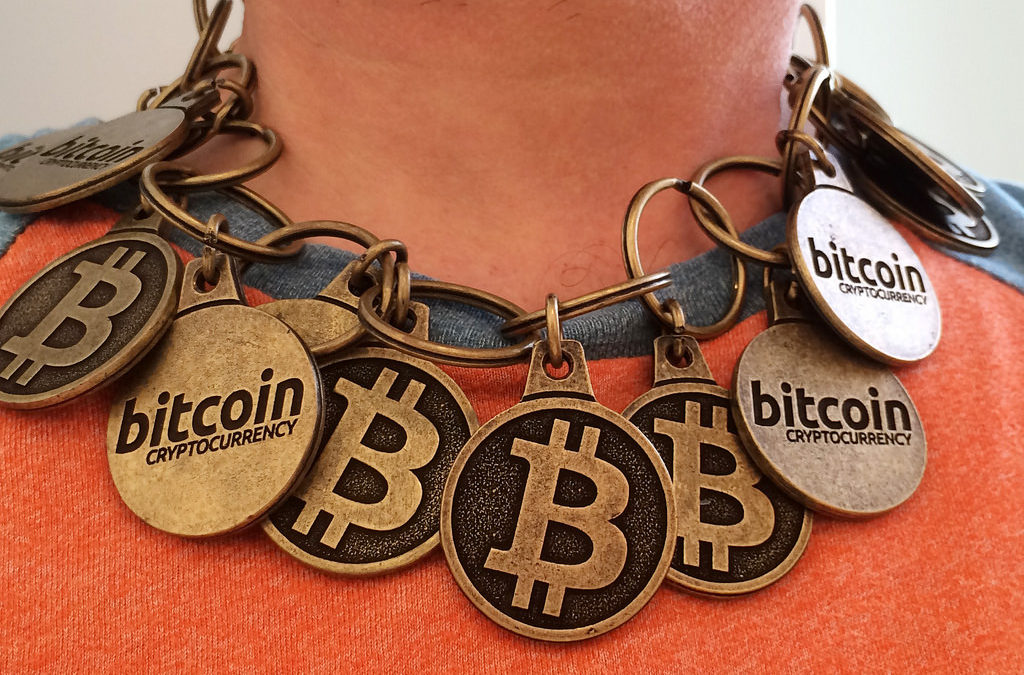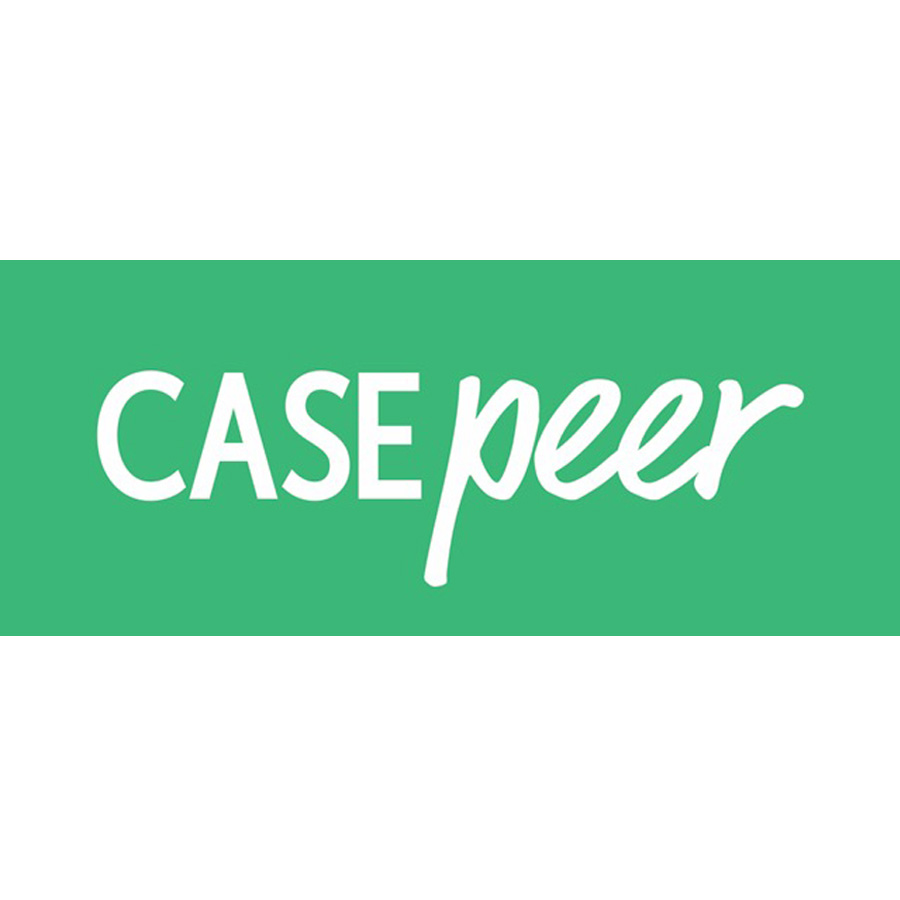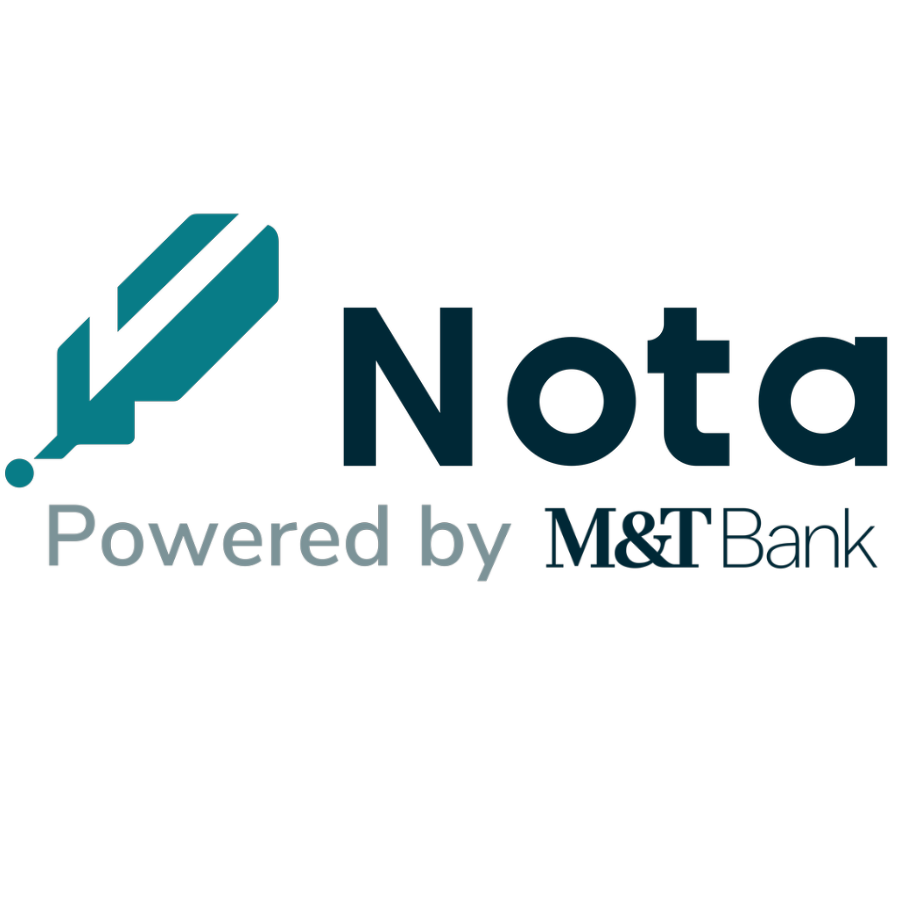So earlier this morning I say this story: The Long Island Iced Tea company said it’s pivoting to blockchain — and its stock is soaring by more than 400%. Which is about the most ridiculous thing I’ve heard in awhile. 
I promptly changed my name on Twitter in response:
Attention everyone. I am now changing the name of my account to AssociatesMind Blockchain Disruption Co.
I expect a 400% increase in my retweets. Thanks. #Bitcoin #Cryptocurreny
— Blockchain Disruption Co. (@associatesmind) December 21, 2017
And was immediately hit with a few robo-follows and tweets. Who is supposed to fall for this??
Which is also
Anyway, I shared the story in LawyerSmack financial channel (lorded over by BigLawInvestor). People immediately skewered it of course. But an interesting conversation was subsequently held regarding the utility of using blockchain with title to property. An edited version is presented below.
The Players
- Mary = IP / Contract law in-house in a academic setting
- Niko = IP / litigation, private practice
- Chris = Corporate Counsel at tech company.
- Ted = Corporate Counsel in a biotech company.
- Angie = solo/small firm, general practice, estates/property
Long Island Iced Tea BitCoin Story Sparks Conversation
Mary [9:05] That is so silly though.
Ted [9:05 AM] God Bless America. Blockchain is the new “disrupt.”
2015 company says they will disrupt (insert industry), stock soars.
Mary [9:06 AM] Just wait until we are disrupting the blockchain
Ted [9:06 AM] Mind Blown
99.9% of the world doesn’t know what “blockchain” means but those fancy tech guys say it so it must mean money.
Angie [9:07 AM] Well we could. Lawyers understand citing the relevant case history instead of the whole law.
And block chain is slow and terrible because it doesn’t.
Mary [9:08 AM] I mean, I’ve watched a few youtube videos on it and consider myself fairly intelligent but only have a minimal understanding of it.
Reading papers and more in-depth youtube has not proven enlightening.
Chris [9:11 AM] My problem is that the more I learn about blockchain the less impressed I am, but the rest of the world seems to move in the other direction.
Angie [9:14 AM] Agreed. Oh so it is a complicated shared ledger system. Go you. Oh you identify weird numbers to limit your stick and provide error checking, credit cards did it first
Niko [9:17 AM] Having a check digit is different than blockchain, but I agree that its mystical nature lends itself to overzealousness re: its practical use.
I think it could be useful for real estate titles and things of that nature.
I think it is overhyped for regular transactional use.
Angie [9:19 AM] I have never heard someone who does a lot of title work think that (using blockchain) is a good idea.
Probably because they don’t want everyone locked in to being a pure race jurisdiction.
Chris [9:19 AM] I think the use case for title work makes a lot of sense but there are high conversion costs
Angie [9:19 AM] Which is pretty much what block chain has to offer
Conversion Costs For Blockchain Too High
Chris [9:20 AM] Building a blockchain system, implementing the system, and then moving the records over to the new system costs more than the current system.
Niko [9:20 AM] The conversion cost is absolutely high
Angie [9:21 AM] Well we basically did that already in the 90 and 00 when we went to GIS instead of Plat books.
Mary [9:21 AM] And lots of places still use Plat books
From what I have read (very little) the back room accounting seems like something that blockchain could assist in and be (relatively) simply implemented in. But I don’t know enough about the tech to know what the costs for doing it would be.
Chris [9:23 AM] The thing is, though, is that Blockchain, just like any other database, needs to be implemented in a way that fits the use case
Angie [9:23 AM] @Mary Yeah, but not anywhere with a serious property tax roll has because the costs tipped over to be less if you have more that 100k parcels with ArcView 3 or so
Mary [9:23 AM] @Chris And there is a huge difference between implementing blockchain somewhere like that and the crypto-craze.
Angie [9:24 AM] And everywhere but LA notice is a recording issue
Chris [9:24 AM] Yes, absolutely – look at the Dao hack – its fine because its pretend money that was based on speculation, but what if an entire county lost its property title?
Chris [9:25 AM] MERS already is a database that performs a similar function, but on the note.
Legal Title v. Record Property
Angie [9:27 AM] But on the other hand I think block chain could learn something from property title systems
Niko [9:27 AM] can’t blockchain be used to help verify and secure the *chain of title* while not necessarily requiring the outcome to be pure race notice
we do that already with the recording system
Angie [9:27 AM] @Niko How? Block chain is algrothimically first in time first in right.
Chris [9:28 AM] Yes Niko, but I think that is only because people know how blockchain works and try to slap it onto existing systems
Niko [9:28 AM] For recordation.
Angie [9:28 AM] That is what it sees as security.
Niko [9:28 AM] But that doesn’t need to determine outcome.
Mary [9:29 AM] Title examiners would not be happy.
Chris [9:29 AM] the “chain” part of blockchain is because every new piece verifies all the previous ones before it, so people immediately are like “Ahh, like chain of title for land!”
Niko [9:29 AM] You could use blockchain to verify that Deed X, Mortgage Y and Deed Z were in fact recorded in a particular order – but that’s the record priority.
Not necessarily the legal priority – that’s a distinction that would be lost. yeah @Chris I think that’s the problem
Chris [9:29 AM] You can do that with any good database
Niko [9:30 AM] Yes, but we are still book/page with electronic access. There is no chain, so title examiners create a chain in their head and sign off on it.
Mary [9:30 AM] You have electronic access? I’m impressed.
Niko [9:30 AM] yeah, it’s nice. Vermont doesn’t and it drives me nuts. But NH, ME, MA do.
Mary [9:31 AM] We need to convert these book/pages in some way – anyway – which is what makes land title something of a “Hey this could actually work here” situation for blockchain
Niko [9:31 AM] yeah
Mary [9:31 AM] But it doesn’t seem like a best-use of the tech.
Geographic Information Systems
Chris [9:31 AM] See, I think the problem that I would like to see solved is to allow other systems to tie in. My company essentially operates a database to create and track electronic authoritative originals.
But the problem is, you can’t really get them in or out, they only exist on our platform.
Angie [9:31 AM] You want a GIS not block chain.
Angie [9:32 AM] You are thinking of the abstract as a list of data, when it is actually a map.
Mary [9:32 AM] But GIS isn’t the legal map (at least not here) @Angie.
Niko [9:32 AM] And won’t GIS require the chain to be created and linked to the map?
Chris [9:32 AM] If blockchain data were easily readable by remote systems, I think you would be onto something.
Niko [9:33 AM] We use GIS for tax maps
Mary [9:33 AM] Which is another problem – blockchain may work one way in OR, but won’t work that way in GA because of our state-based systems.
Angie [9:33 AM] @Niko The chain IS a map -You just don’t see it because it is in words
Mary [9:33 AM] Yeah, tax map has no bearing on title.
Mary [9:33 AM] Our GIS system even has a huge disclaimer about it.
Angie [9:34 AM] That is a state policy issue not a real tech problem. Because surveyors have a lock and legislative bodies are conservative
Niko [9:34 AM] @Angie is there a link that you can send that explains how a GIS can verify and maintain chain of title? It seems it would just be a front end to a back end database anyways
Mary [9:35 AM] I think we may be approaching this from two different ways @Angie – I’m not trying to think of whether blockchain is a ‘best fit’ – just whether there could be a use here.
Mary [9:35 AM] GIS has good database functionality built into it.
Angie [9:37 AM] @Mary Yeah it is a dumb and artificial division that might mean their map data kind of sucks for boundaries, but which does not exist everywhere.
Mary [9:36 AM] But our GIS system is only for tax issues, not chain of title. It could be built in, but isn’t.
Part of it is a lot of our title is bad too – “30 feet from the old post-oak tree to…”
Land Grant and Old Legal/Recordation Systems
Angie [9:35 AM] @Niko will you indulge me a bit? What state do you live in?
Niko [9:35 AM] NH. Any relational DB could track chain of title.
Angie [9:36 AM] So one of the original 13 which means you don’t have a public lands survey system in place.
So let’s go back and say there is an English land grant. It is a land grant so it has boundaries
And the Noble who got is subdivided it between his sons and gave a small part, say 40 acres to a favorite mistress
That grant also has geography, it might be written down, it might be based on stupid markers, but the legal limits have to be defined somehow and if you were to draw them you have a map
And then she divides it up again, it passes a few generations, gets sold to a pig farmer during WWII than that family sells to a
Guy who subdivided it to make homes for babies to boom in
The community gets popular and suddenly the Smith and Jones house are along a main drag and get bought up to become a condo.
Every thing you are dealing with there has a map associated, and usually goes from a bigger to a smaller
So when I look at a chain of title I am looking at a map with attached data
And the map pieces fit together like counties do to make up states
So when you read plat book 3 page 10 and keep going back you are really only recoding a few changes
Changes to the boundaries or to ownership
And you know you have traced back when both sets of puzzle peices fit
Which is why I think the block chain could learn from property title more than the other way around
Because we verify the chain not the entire record book
And now I will shut up
Mary [9:54 AM] I’m not clear on what you think blockchain can learn from title work there @Angie – just that the entire blockchain shouldn’t be verified after each transaction?
Angie [9:54 AM] Yep verify the abstract the owner keeps for that part of the overall, With periodic past hashes or something.
Because generally local title goes back to an event past which we shrug
Mary [9:56 AM] I doubt that (on the land-title scale) that verifying the entire blockchain is really that big of a deal though. (from a computation perspective)
Niko [9:57 AM] guys. what about sovereign citizen liens??? =D
Mary [9:57 AM] But I know literally nothing about that – it just strikes me as not overly complicated.
Niko [9:58 AM] yeah as compared to the # of regular purchase transactions, i’d think land records would be small # I dunno.
The chain needs to be stored somehow, some way, even if the top layer is a map.
Or even if the chain itself is a series of maps
All I know is our local practice of recreating and reverifying the chain for every transaction seems wasteful and it blows my mind that I can’t actually search for all recorded documents which affect a parcel.
Because there is no index of the chain.
Mary [10:00 AM] Now there’s a potential market opportunity – figuring out how to tie a blockchain back-end into a GIS front-end.
#disrupting
If you were a member of LawyerSmack, you could jump in and tell everyone why they’re wrong.













